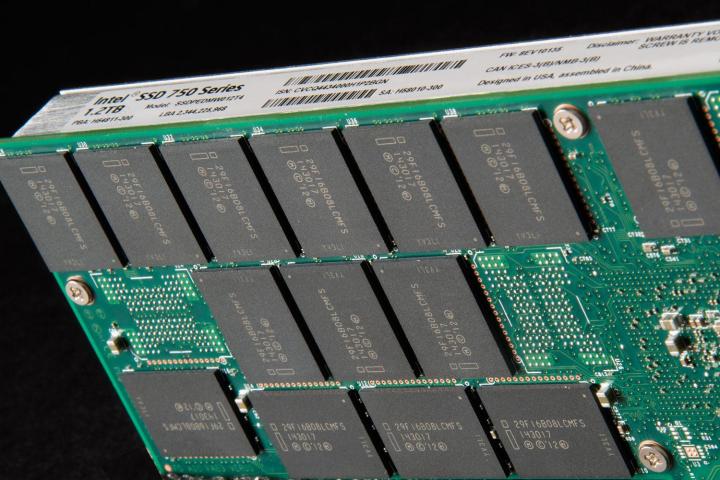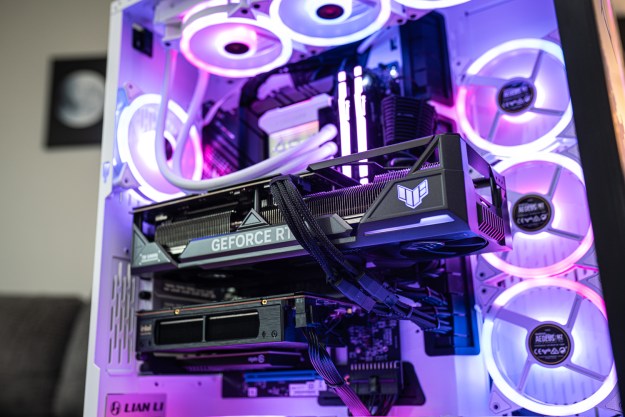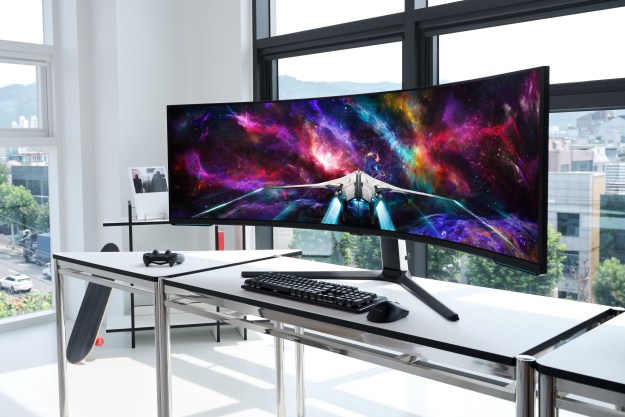
Intel was the first to announce, but it’s hardly alone. April has turned into the month of NVMe as companies reveal their latest hardware in close succession. HP quickly followed up with the announcement of its HP Z Turbo Drive G2, a desktop drive that uses Samsung memory to achieve claimed peak read speed of 2,150 megabytes per second, even quicker than Intel’s 750. The drive won’t appear until June.
Another, lesser known company, HGST, also entered the desktop drive with its Ultrastar SN150. Available in capacities up to an astonishing 3.2 terabytes, the drive claims peak sequential read speeds of 3,000 megabytes per second, almost doubling the claimed bandwidth of the Intel 750. HGST says the drive is shipping, but it’s meant for the enterprise market rather than consumer, and isn’t currently available at any online retailer.
Samsung, of course, didn’t just provide HP a drive to use for its own purposes. It has also entered the NVMe game with a new version of the SM951 solid state drive, which adheres to the small M.2 form factor. Samsung says the drive has entered mass production and should soon appear in 128GB, 256GB and 512GB capacities with read speeds of up to 2,260 megabytes per second. Pricing is not yet available.
Apple has jumped on NVMe, as well, with its new MacBook and OS X 10.3.3, which provides support for the standard. Cuptertino’s engineers moved to PCI Express some time ago in the majority of its systems, of course, which is why the company’s notebooks usually far outpace Windows counterparts in solid state drive performance. Yet the hardware was still held back by its use of the aging Advanced Host Controller Interface. Switching to NVMe opens up the possibility for even greater performance gains.
With the exception of the Intel 750, all of the drives announced so far use a pre-existing PCI Express connector, be it a desktop motherboard PCIe x4 slot or M.2, which is common in high-end notebooks. The third option is a cabled connection called mini-SAS, which makes it possible to install these drives like traditional SATA SSDs. Asus has announced mini-SAS support native to its new Asus TUF Sabertooth X99 motherboard, and also announced that other motherboards based on the Z97 and Z99 chipset will become compatible after a BIOS update and installation of an adapter. MSI has announced a “M.2 to Turbo Mini-SAS” adapter that offers the same functionality.
The speed at which NVMe is moving is impressive. The Intel 750 SSD doesn’t even ship until April 24th, yet already two motherboard manufacturers have pledged support through BIOS updates and adapter cards, and consumers will have at least four drives to choose from by summer. What’ll really make the standard’s acceptance grow, however, is the next generation of Intel processor hardware expected later this year. Chipsets for 6th-generation Core processors will no doubt offer native NVMe support, and that will really open the floodgates.
Editors' Recommendations
- Samsung’s 2nd-generation SmartSSD can process data right on the drive
- Bentley’s first electric car could use cutting-edge solid-state batteries


